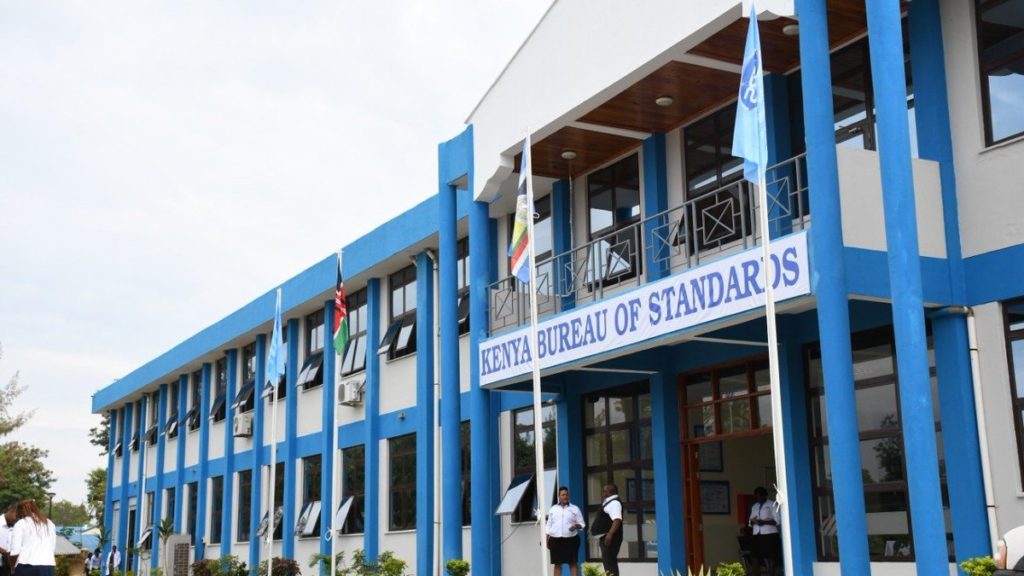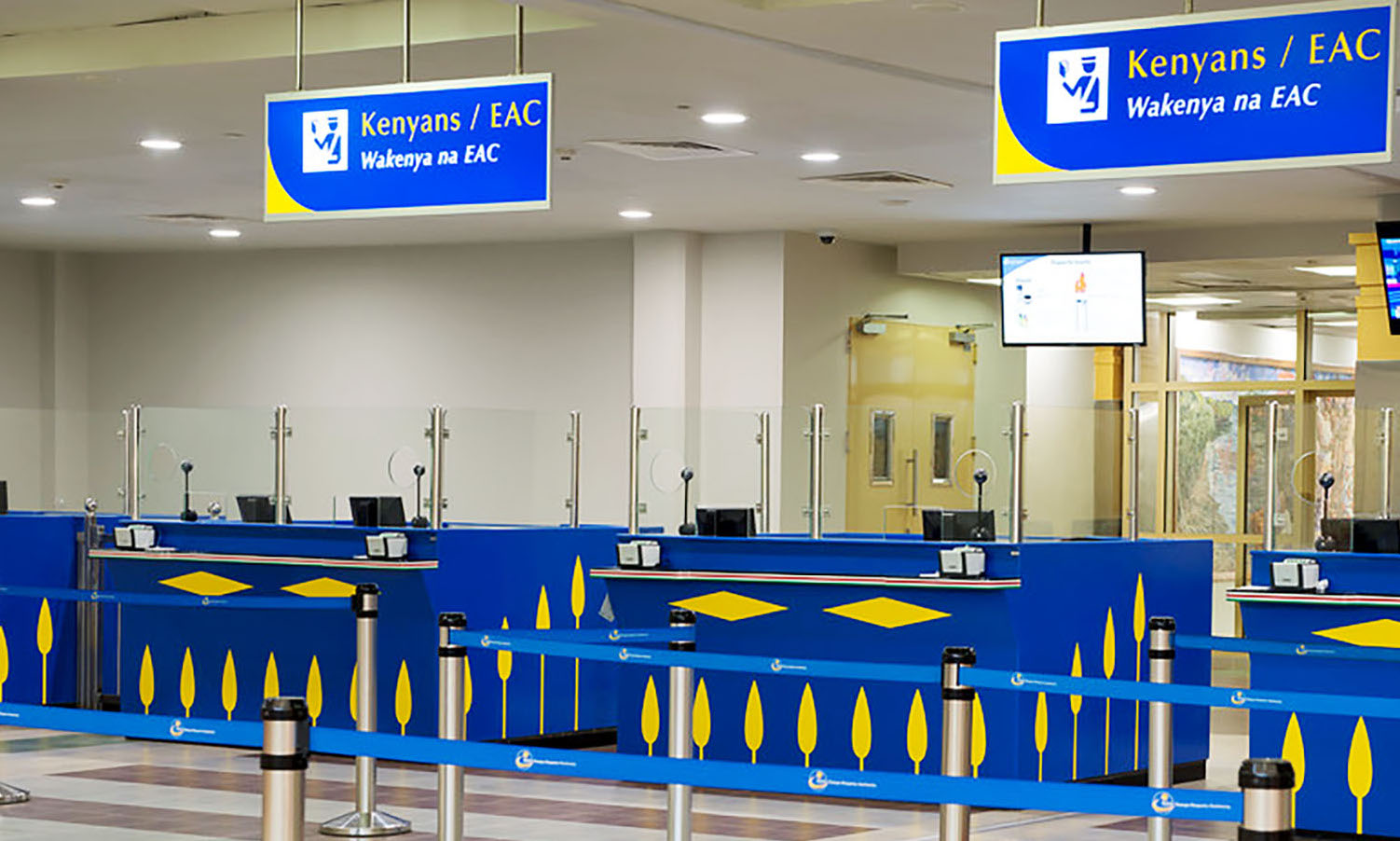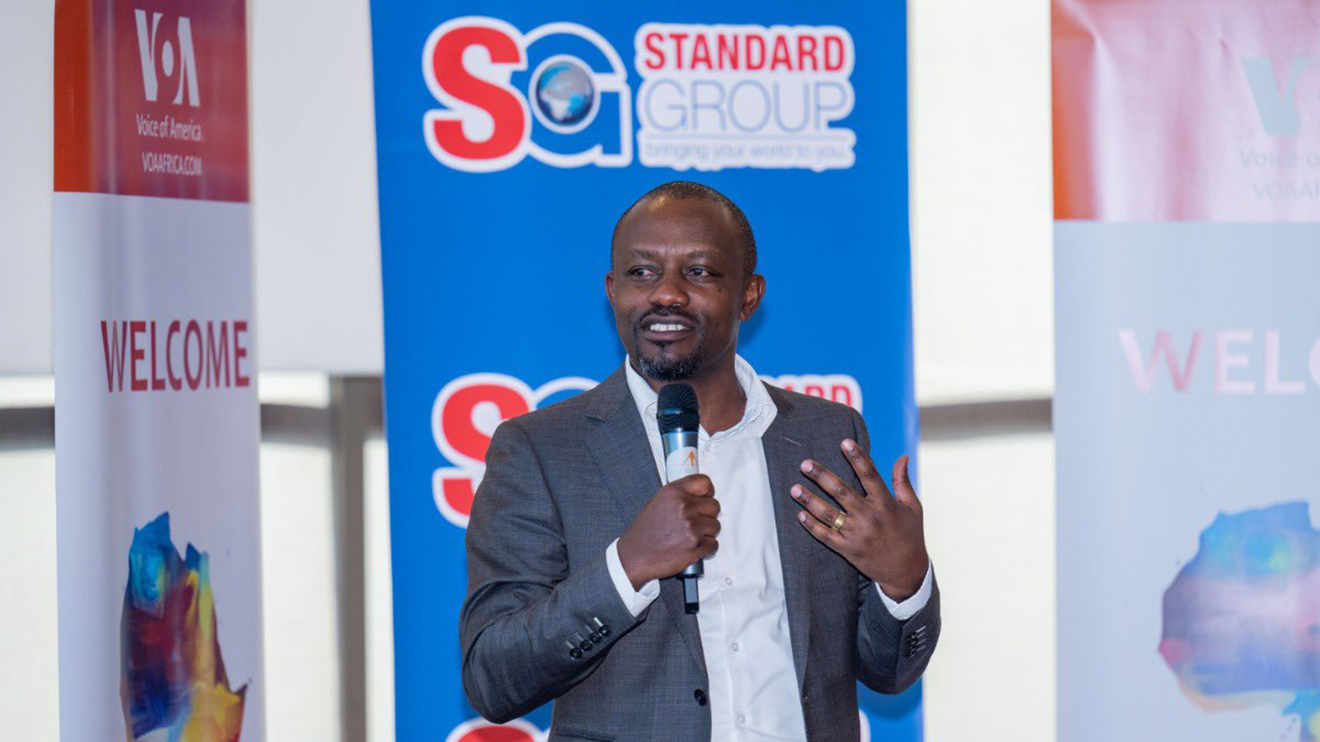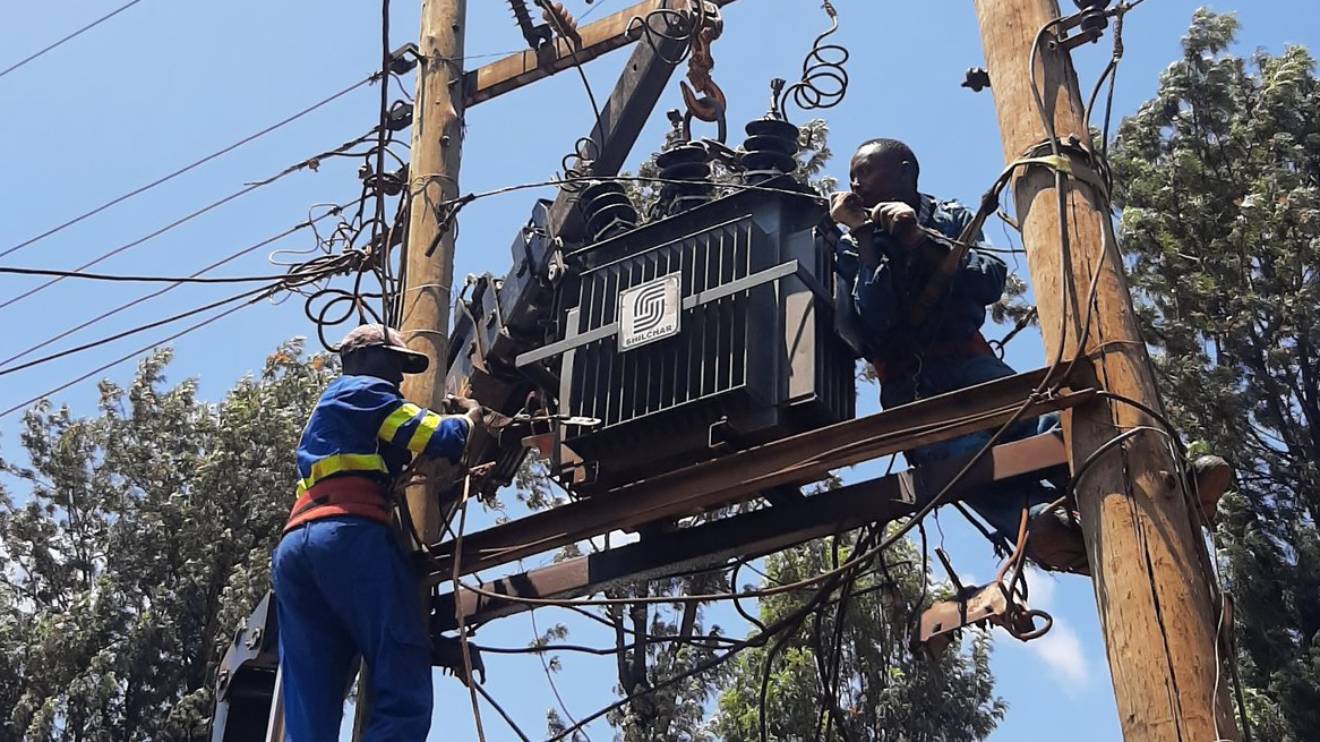A local company has dragged the Kenya Bureau of Standards (KEBS) to the High Court over what it describes as a prejudiced and exclusionary procurement process worth hundreds of millions of shillings.
At the centre of the legal battle is a lucrative tender for the Pre-export Verification of Conformity (PVoC) programme, a critical gatekeeping service that screens goods for compliance with Kenyan standards before they leave foreign ports.
Precision Experts Limited is challenging the prequalification criteria set by KEBS for the 2025–2028 cycle of the PVoC programme, arguing that several provisions lock out citizen contractors in favour of foreign firms.
In a petition filed before the High Court, the firm claims the requirements are not only excessively demanding but also inconsistent with the Public Procurement and Asset Disposal Act of 2015.
“Unless this application is certified as urgent, leave is granted to file a substantive notice of motion application and the leave acts as a stay of the decision of the board and the procurement process, there is a risk that citizen contractors will be unfairly, unlawfully, and unconstitutionally and unconstitutionally be restrained from participating from the international prequalification process,” the firm said in its court papers.
Read More
The petition follows KEBS’ invitation for bids in January for the prequalification of firms that will conduct the inspection and certification of goods abroad before they are shipped into Kenya. Of the 19 companies that submitted their interest, 18 were international. The evaluation process remains ongoing, with no award yet announced.
Precision Experts had first lodged its grievances with the Public Procurement Administrative Review Board (PPARB), arguing that the tender requirements heavily favoured foreign applicants by including unreasonable barriers for local firms.
The board, however, dismissed the case in March, ruling that KEBS’ conditions were within legal bounds.
“Therefore, based on the foregoing analysis, the Board finds that the Respondents adhered to the principles of non-discrimination and the promotion of local industry, as required by the Constitution and the Act,” the board ruled.
But Precision Experts’ director, Peter Maina, insists the board missed the mark. He claims the mandatory requirements lack grounding in international norms and that the disparity in how local and international firms are treated is unjustified.
Maina pointed to the stipulation requiring bidders to present proof of physical presence and capability to deliver PVoC services, which he says imposes a “substantial burden on citizen candidates.”
He also faulted a clause that forces candidates to submit certified licences from each intended country of operation, branding it discriminatory because it only allows international firms to establish Kenyan offices after being awarded the contract.
He argued that unlike their foreign counterparts, local firms are required to incur compliance costs and meet operational conditions upfront without any guarantee of winning the tender.
“In arriving at its decision, the Public Procurement Administrative Review Board, the 1st respondent herein, failed to consider the international standards before them, and which prescribe international standards that touch on conformity assessment, the subject of the procurement proceedings,” Maina submitted.
Precision Experts is now asking the court to quash the earlier ruling and compel the procurement review board to rehear the case within 14 days.
Meanwhile, the board maintains that its discretion to structure tender requirements is not absolute, but necessary to ensure only competent firms carry out conformity assessments in accordance with the Standards Act and article 46 of the Constitution.
With billions of shillings at stake and the PVoC tender still pending award, the court’s ruling could redefine how future high-stakes public tenders are structured—particularly when they involve Kenyan firms trying to compete in global-standard contracts.






